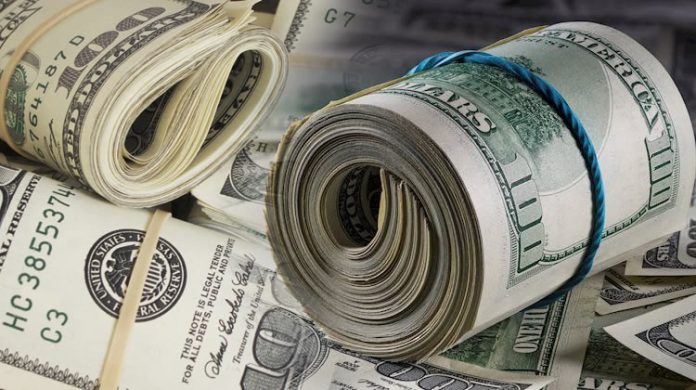…as FDI contributes 1.15
Nigeria’s efforts to shore up its foreign capital has continued to suffer setbacks as the country’s capital importation declined by 22.85 per cent over the last three months, dragged down by Foreign Direct investments (FDI) which the country desperately craves. FDI during the period attracted only $29.83 million or 1.15 per cent of total capital importation in Q2 2024.
This is also lower than the first quarter 2024 performance which was $119.18 million or 3.53 per cent of total capital importation during the period.
Even portfolio Investment which contributed 61.48 per cent of the total capital import in the first quarter, declined to 53.93 per cent in the second quarter 2024.
National Bureau of Statistics (NBS) in its Q2 2024 capital importation report shows that Nigeria’s total capital importation rose from $1,030.21 million in the second quarter of 2023 to $2,604.50 million in the second quarter of 2024, indicating a year-on-year increase of 152.81 per cent.
In comparison to the preceding quarter, however, capital importation declined by 22.85 per cent by from $3,376.01 million in Q1 2024.
NBS said that Portfolio Investment ranked top with $1,404.70 million, accounting for 53.93 per cent, followed by Other Investments with $1,169.97 million, accounting for 44.92 per cent. Foreign Direct Investment recorded the least with $29.83 million or 1.15 per cent of total capital importation in Q2 2024.
NBS reports that the banking sector recorded the highest inflow with $1,123.95 million, representing 43.15 per cent of total capital imported in Q2 2024, followed by the production/manufacturing sector, valued at $624.71 million about 23.99 per cent, and trading sector with $569.22 million (21.86 per cent).
The report said Capital Importation during the reference period originated largely from the United Kingdom with $1,120.15 million, accounting for 43.01 per cent of the total capital imported. This was followed by the Netherlands with $577.82 million or 22.19 per cent and the Republic of South Africa with $255.98 million (9.83 per cent).
NBS reports that out of the three states that recorded capital importation during the quarter, Lagos state remained the top destination with $1,367.84 million, accounting for 52.52 per cent of the total capital imported. Abuja (FCT) followed with $1,236.64 million or 47.48 per cent and Ekiti state with $0.0003 million.
It said Citibank Nigeria Limited received the highest capital importation into Nigeria in Q2 2024 with $818.46 million about 31.43 per cent, followed by Standard Chartered Bank Nigeria Limited with $654.79 mil lion, 25.14 per cent and Rand Merchant Bank Plc with $488.59 or 18.76.
Nigeria has been struggling with economic challenges arising from high inflation and foreign exchange volatility. Since January 2024, the naira has struggled to stabilize against the dollar amid ongoing market volatility, with its last significant appreciation occurring in March when it neared the N1,300 range.
However, since that period, the currency has steadily weakened, reaching N1,668.97 by the end of September.


